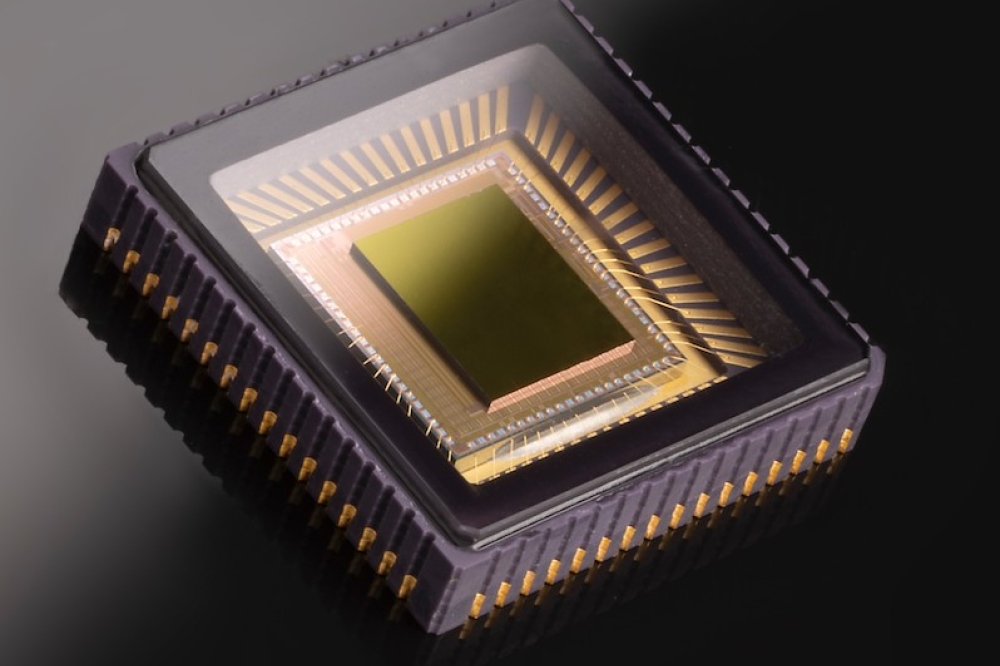Transphorm AEC-Q101 qualifies next gen GaN Platform

Second line of AEC-Q101-qualified GaN FETs now offered at 175degC
Transphorm has announced that its third generation, JEDEC-qualified high voltage GaN platform has passed the Automotive Electronics Council’s AEC-Q101 stress tests for automotive-grade discrete semiconductors. This marks the company’s second automotive-qualified product line. And its most reliable given the Gen III GaN platform’s ability to perform at 175degC during qualification testing.
Transphorm’s Gen III AEC-Q101 GaN FET, the TP65H035WSQA, offers a typical on-resistance of 35 mΩ in an industry standard TO-247 package. As with its predecessor—the 50 mΩ Gen II TPH3205WSBQA—the devices target AC to DC on-board chargers (OBCs), DC to DC converters and DC to AC inverter systems for plug-in hybrid electric vehicles (PHEVs) and battery electric vehicles (BEV).
Launched in June 2018, Transphorm’s Gen III devices are designed to offer lower electromagnetic interference along with increased noise immunity [threshold voltage at 4 V] and gate robustness [at ±20 V]. These advances produced quieter switching and higher performance at higher current levels with minimal external circuitry, according to the company.
Transphorm conducts extended and accelerated standards testing, to include JEDEC and AEC-Q101. For this latest automotive qualification, the semiconductor manufacturer stressed the devices’ thermal limits to 25degC more than those of the standard AEC-Q101-qualified high voltage Silicon MOSFET counterparts.
Beyond proving the GaN platform’s robustness, the higher temperature testing demonstrates that Transphorm’s AEC-Q101 GaN FETs will give design engineers ample thermal headroom when developing any power system.
“Proving device quality and reliability is perhaps the most critical factor influencing customer confidence in high voltage GaN FETs—particularly in the automotive and electric vehicle markets,” said Philip Zuk, VP of worldwide technical marketing, Transphorm. “To that end, we ensure that our GaN maintains its performance and reliability even in real-world conditions that may be far harsher than what mission profiles call for."


































